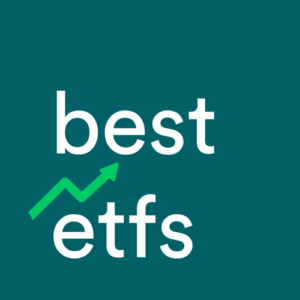Getting exposure to the International shares sector has never been easier thanks to ASX ETFs like the BetaShares Global Sustainability Leaders ETF (ASX: ETHI). However, no matter how easy it seems to be, we think it’s still important to do your own ETF review.
How to use the BetaShares Global Sustainability Leaders ETF
The BetaShares ETHI ETF provides investors with exposure to a diversified portfolio of global companies that fit within the environmental, social and governance (ESG) framework set, along with screening out companies with significant exposure to fossil fuels. ETHI has been certified by the Responsible Investment Association Australasia (RIAA), as part of the Responsible Investment Certification Program.
ETHI exceeds our minimum market cap (FUM) criteria
As at the end of last month, the ETHI ETF had $612.9 million of money invested. Given ETHI’s total funds under management (FUM) figure is over $100 million, the ETF has met our minimum criteria for the total amount of money invested, otherwise known as FUM. We draw the line at $100 million for ETFs in the International shares sector because we believe that relative to smaller ETFs, achieving this amount of FUM derisks the ETF.
[ls_content_block id=”3409″ para=”paragraphs”]
3. ETHI ETF fees & costs explained
With a yearly management fee of 0.59% charged by BetaShares, if you invested $2,000 in the ETHI ETF for a full year you could expect to pay management fees of around $11.80. This does not include any performance fees earned by the ETF’s manager for doing a good job. For context, the average management fee (MER) of all ETFs covered by Best ETFs Australia on our complete list of ASX ETFs is 0.54% or around $10.80 per $2,000 invested. Keep in mind, small changes in fees can make a big difference after 10 or 20 years.
In addition to a yearly management fee, there are other costs investors must consider, including brokerage and taxes. A specific cost for ETF and mFund investors to consider is the buy-sell spread, which is the slippage or ‘invisible’ cost paid by an investor when he or she buys or sells the ETF. For the ETHI ETF, the most recent average monthly buy-sell spread we gathered (April 2020) was 0.32%. Remember, the lower (or ‘tighter’) the buy-sell spread, the better. This buy-sell spread was below the average ETF spread of 0.51%, so that’s a good thing.
Summary
Before ‘testing the water with both feet’ so to speak, be sure to read the ETHI ETF’s Product Disclosure Statement (PDS), available on the BetaShares website, or speak to your financial adviser. Also, be sure to take a look at our BetaShares ETHI report. While you’re on our website, use our complete list of ASX ETFs to search for a few different ETFs in the sector and conduct a side-by-side comparison using everything you’ve learned here.
[ls_content_block id=”4954″ para=”paragraphs”]




